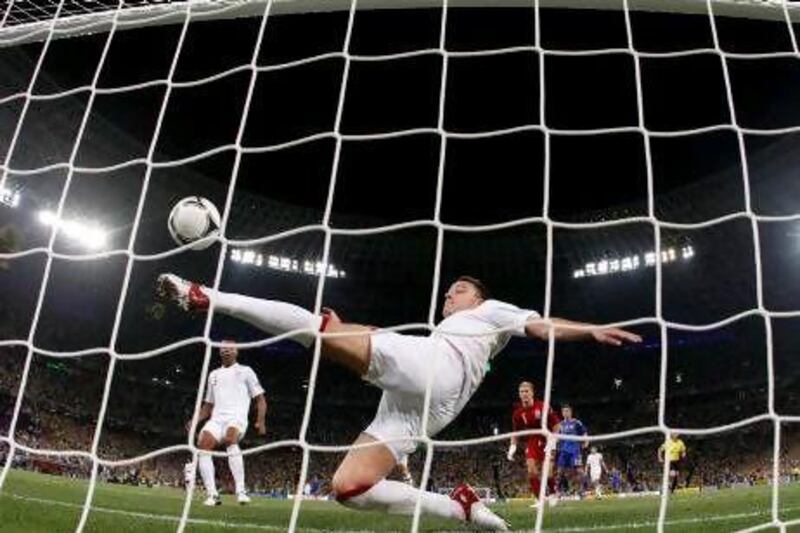The long wait for goal-line technology will reach its conclusion today when football's lawmakers meet to approve two systems.
The International FA Board (IFAB) are set to give the go ahead to both the Hawk-Eye and the GoalRef systems, which will allow the Premier League and the English Football Association to introduce the technology into their competitions.
A comprehensive series of tests have been carried out on the systems by Swiss scientists and IFAB sources have confirmed that both Hawk-Eye and GoalRef will be deemed to have passed the tests satisfactorily.
The Chelsea manager Roberto di Matteo said a system was needed as soon as possible. "We see every season, every big tournament, we need it because there are some crucial moments within those games where, with a bit of technology, you could find the right solution."
Before the new systems go live, however, they will need to be licensed, installed and then tested in every venue.
The IFAB, who are meeting in Zurich, will also insist the technology is used only as an aid to referees to make a decision, rather than being the deciding factor in whether the ball has crossed the line. Referees can still decide not to award a goal based on what they see even if the systems are indicating the ball has crossed the line.
Sepp Blatter, the Fifa president, is now a firm supporter of goal-line technology, having changed his mind after Frank Lampard's disallowed goal for England against Germany in the 2010 World Cup.
The clamour increased last month after Ukraine's disallowed goal against England at Euro 2012.
Fifa officials believe that, initially at least, the technology's signal of a goal should be transmitted only to the match officials and not to the crowd or TV audience.
The IFAB is made up of Fifa, who have four votes, and Britain's four home nations, who have one vote each. Any law change needs at least six votes.
The IFAB are also due to rule on whether special headscarves can be worn during women's matches after pressure from some Muslim countries.
The body will hear a report from Fifa's medical committee which warns that headscarves could in some cases be a danger to players.
Follow us
[ @SprtNationalUAE ]





